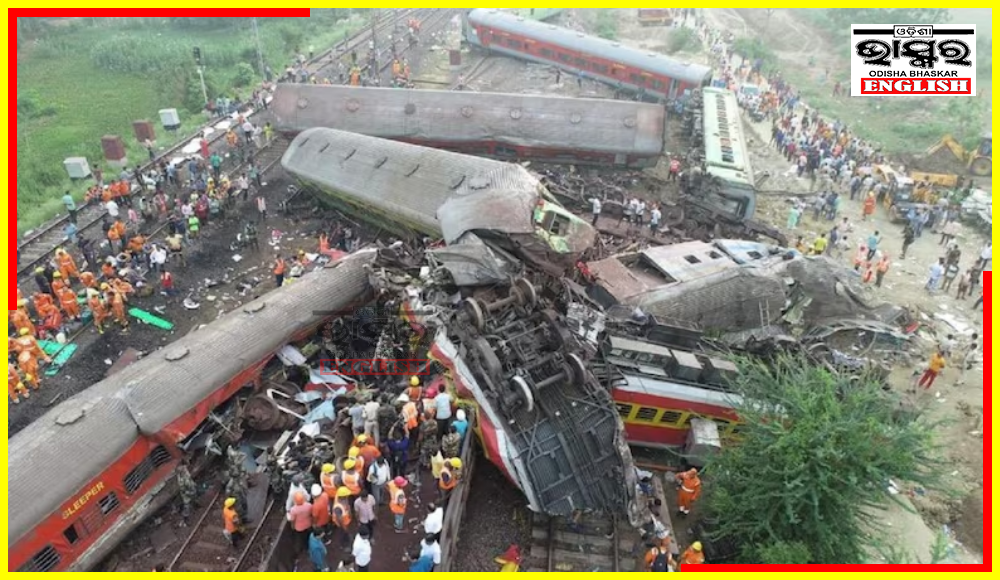New Delhi: Indian Railways increased ex-gratia payment for deaths and injuries during train accidents by almost 10 times. It was earlier revised in 2012 and 2013.
“It has now been decided to revise the amount of ex-gratia relief to be paid to the dependents of dead and injured passengers involved in train accidents and untoward incidents…,” stated a circular dated September 18.
According to the circular, relatives of dead passengers of train as well as manned level crossing accidents will now get Rs 5 lakh whereas those who are grievously injured will be awarded Rs 2.5 lakh. Passengers with simple injuries will get Rs 50,000. Previously, these amounts were Rs 50,000, Rs 25,000 and Rs 5,000 respectively.
It has also decided that ex-gratia will given to the road users who meet with an accident due to the railway’s prima facie liability at manned level crossing gate accident” and it will be applicable from September 18, i.e., from the date of the release of the circular.
On the other hand, victims of untoward incidents such as terrorist attacks, violent attacks and robbery on a train will also get ex gratia amounts. Announcing the additional ex-gratia relief for hospitalization of grievously injured passengers beyond 30 days in case of train accidents, the circular says, “Rs 3,000 per day to be released at the end of every 10-day period or date of discharge, whichever is earlier.”
In case of grievous injury in an untoward incident, it said, “Rs 1,500 per day to be released at the end of every 10-day period or date of discharge, whichever is earlier up to further six months of hospitalisation.”
The board has clarified that no ex-gratia relief would be admissible to road users “in case of an accident at unmanned level crossing, trespassers, persons electrocuted by OHE (Over Head Equipment).”
The Railways Act of 1989 has laid down a compensation liability for the death or injury of passengers in train accidents and untoward incidents.




Comments are closed.